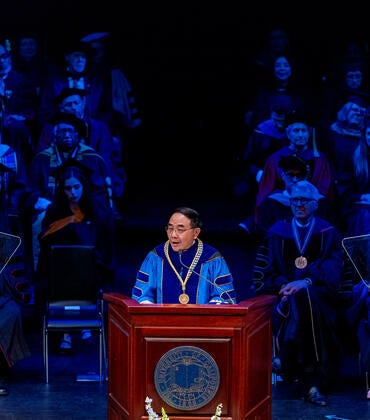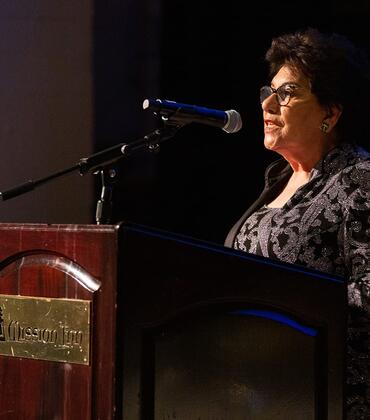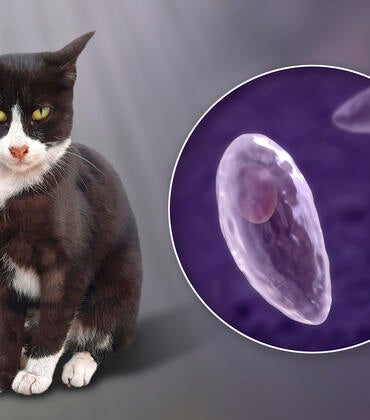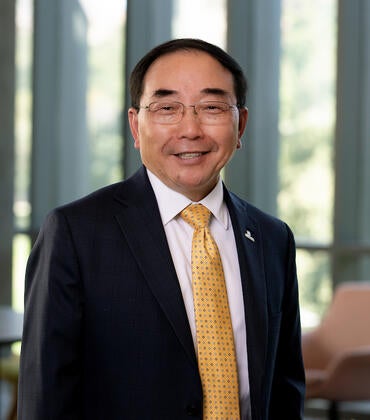
When Mamie White-Carter came to UCR’s Early Childhood Services in 1998, her kindergarten curriculum got her the job. That curriculum hasn’t changed since, nor would any parent at UCR let it.
“She is not only the best teacher that my kids have ever had, but I’m certain that she’ll be the best teacher they will ever have in their life, including grad school,” said Kevin Esterling, professor of political science, whose two children are both former students of Carter’s.
Esterling said children often enter the class not even knowing 10 numbers, only to be counting to 100, spelling, and reading by the end of the school year.
Although the standards for kindergarten have changed throughout the years, Carter has stuck to her curriculum, one she said engages the children in lots of physical activity.
“There is no reason for her to change…she’s been teaching for so long she probably knows to ignore the fads of teaching,” said Emma Wilson, associate professor and director of the Ph.D. program in biomedical sciences. Wilson’s son graduated from Carter’s class June 12, reading at a rate that surprised even his family. “She has a lot of built-up evidence of what works.”
Wilson recently joined her son’s class on a field trip to Corona Del Mar, where children scoured tide pools for sea creatures. Wilson recalls the excitement of the children applying what they’d learned in the classroom. A chorus of little voices shouted: “Mrs. Carter!” over the surf, to proudly show her their discoveries.
“She’s a smiley, warm, intelligent and thoughtful person I think we’re all going to miss,” Wilson said.
Judith Wood, former director of ECS and now chief operating officer of the nonprofit Family Service Association’s Child Development Services in Moreno Valley, has a long history with Carter. Wood was director of the Childhood Development Center at Temple Beth El, where she supervised Carter, who was then a kindergarten teacher. She later recruited Carter to join ECS.
Wood said she has yet to see a child leaving Carter’s class who wasn’t enthusiastic about continuing in school.
“The focus is on what the children want to learn.” Wood said that Carter often would expand on whatever it was that children were taking away most from an activity. “It’s just a wonderful process to watch.”
It’s not unusual to hear Carter’s name come up with parents around Riverside. Wilson said she often meets total strangers who sing her praises. “She’s a real community treasure.”
Wilson said that, when her son is being naughty at home, she needs only ask him what Mrs. Carter would think of his behavior. That does the trick.
“She’s a very powerful weapon for us parents.”
Esterling recalled the orientation for Carter’s class. The room was full of parents, most of whom were UCR faculty.
“You could tell that for the most part, the faculty members were walking on eggshells around her, afraid to get on her bad side,” he said. When some parents challenged her curriculum, she patiently explained: her classroom, her method. “She’s just this force of nature, really.”
Parents were also expected to participate in the day’s lesson, starting with an activity with their child at drop-off. Parents could see what that day’s curriculum would entail — a new theme, usually, incorporated into stations that taught different disciples.
“It was sort of mind-boggling when you thought of the amount of time and preparation that goes into designing,” Esterling said.

Carter, in her kindergarten classroom, explaining the lesson plan for “shark day.”
One of Carter’s final days last month was “Shark Day,” part of the class’s ocean-themed month. The learning stations were bustling: a shark-tooth counting game for arithmetic; a shark “go-fish” game for spelling; and a shark-tooth necklace station for art, to name a few. The most popular: a chemistry station, where students made “wave bottles” with colored water, oil, and small plastic sea creatures. No one spilled.
The next day they would move to whales, apparent by the life-size whale outline on a paper scroll that spanned the entire side of a room. Children measured how many of them lying down equal the length of the whale.
The permanent aquatic resident in the classroom is “Sunny” the turtle, or “Ka-May” in Japanese, as a label indicates on Sunny’s terrarium. Just about every object in the room sported a label in Japanese and Spanish, as well as in English. Carter built her curriculum around the languages and cultures of her students.
“It’s kind of a melting pot here at the university and so I get to meet many different people and cultures, and learn something all of the time,” said Carter, who has her master’s in educational psychology.
Each month, a different culture was studied in the class, incorporating its language and food, plus, visits from students’ parents.
“The thoroughness and the care that went into that is beyond what any standards could envision… she’s just remarkable,” Esterling said.
Carter, who moved to Riverside from Oklahoma with her husband and three sons before starting her 30-year teaching career, said she looks forward to volunteering, and perhaps becoming more politically influenced. And there will be lots of gardening.
“My goal was to go out still doing it,” Carter said. “I think that life is just continually changing and so I need to look forward to the next part.”




